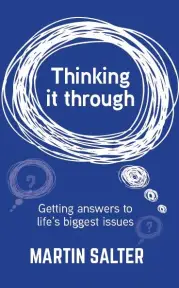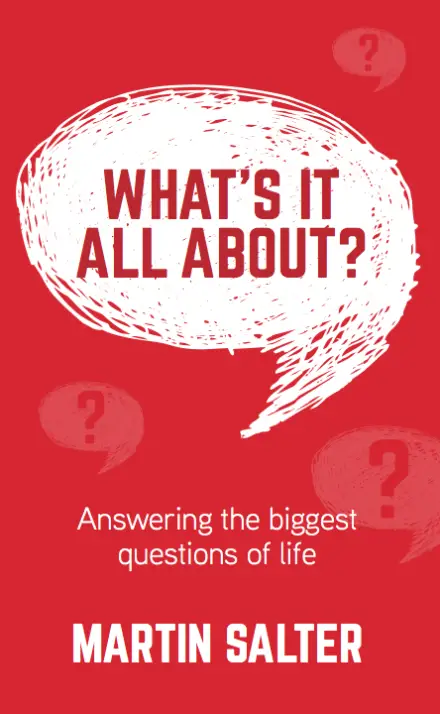Who do you turn to for answers to the big questions in life? Whether consciously or subconsciously, our opinions are formed by the different authorities around us.
In this book about thinking, Martin Salter provides a framework to help you look at some of the big questions in life. Martin won’t tell you what to think, but will encourage you to reflect on how you think.
He looks at what Jesus said and did, and shares the Bible’s view that Jesus is the one true authority we can trust. Martin also explains how trusting Jesus makes a difference to his own thinking. Be challenged as you pause and reflect on the opinions you hold and the authorities you trust.
-
Title
Thinking it Through
-
Author(s)
-
Series
-
ISBN
9781910587973
-
Format
Paperback
-
Publisher
-
Audience
Adults, Enquirer / Seeker
-
Pages
128
-
Published
01/11/2016




